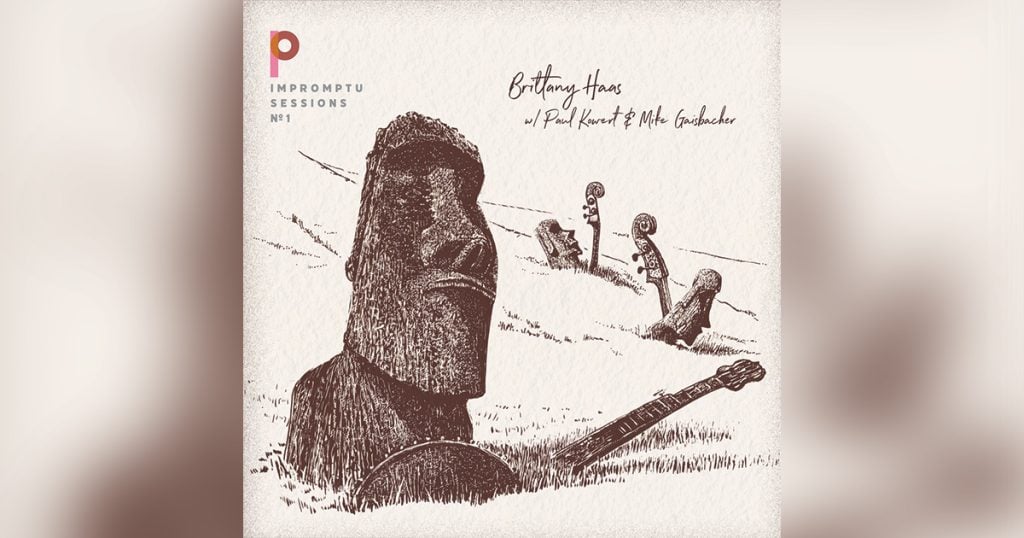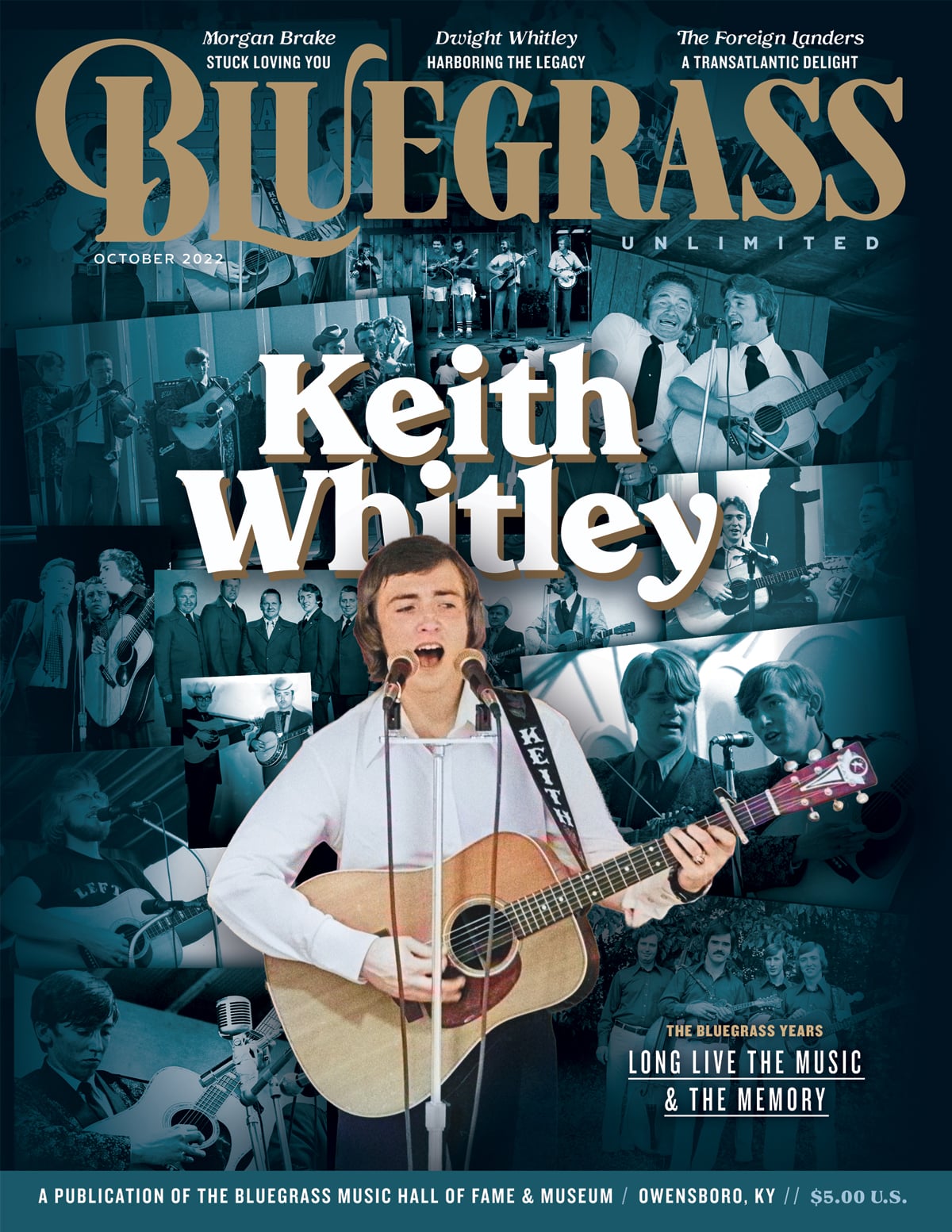Impromptu Sessions No. 1
Brittany Haas is one of the most in-demand fiddle players working today. This is due, in large part, to her incredible ability to match the form of any project. She bows with an old-time fury and righteousness on Michael Daves’ double album, Orchids and Violence, but is equally at home carrying lilting, pastoral melodies alongside her bandmates in Hawktail. In a 2016 episode of Chris Thile’s Live from Here, she even tackled a treacherous passage from an atonal Webern duet. So it came as a surprise to learn that her latest release would feature her playing clawhammer banjo, a surprise only doubled by the fact that her accompaniment rested solely on the weighty anchor of two bassists. The resulting record is one full of unexpected delights.
Haas’ banjo playing possesses all of the rhythmic intricacies of her fiddling. She emphasizes unusual beats in the well-worn melodies to drive the pleasantly rolling pace of the tunes. Most of the tracks hover in the mid-tempo range, bouncing lightly along. Her tone is subtle and freshwater-clear, sitting high above the low end support. The record’s overall feel is one of careful weaving, their individual voices coming together and pulling apart.
The bassists, Paul Kowert and Mike Gaisbacher, trade roles with off-the-cuff ease across the album. One maintains a steady pulse beneath the song while the other fills in the space with embellishments, bowing and occasional extended techniques. They blend with graceful ease, echoing the dynamic bass interplay of Richard Davis (with whom Kowert took lessons) and Eddie Khan. The moments of dissonance (the high harmonics on “Old Granny Blair,” for instance) allow for blithe disruptions to the flow of the folk tunes.
The songs themselves are equal parts lively and thoughtful. “Pleasures of a Single Life” goes along with a gently springy beat, danceable but still delicate. The comically titled “Shove the Pig’s Foot a Little Bit Further into the Fire” begins with a long, reflective arco bass intro before giving way to the warmth of the main melody. “Sugar in the Coffee” comes across as crooked and playful, Haas buoying the tune with agile leaps and turns. The highlight of the project, for me, is the clog-stepping rendition of “Seneca Square Dance.”
The joking between the takes emphasizes the “impromptu” quality of this recording. The mood is a relaxed one, arrangements full of room for group interaction and improvisatory variation. It is the casual banter of people who have been making music together for years, the best pickup session you could imagine. So, in the end, while a banjo album may have seemed like a surprising turn, Haas’ many shades of musical artistry clearly suited her quite well to make this record. What is refreshing, though, is to hear her having so much fun doing so.

